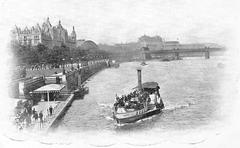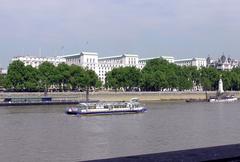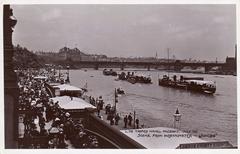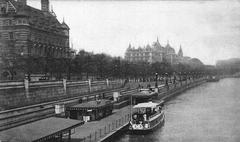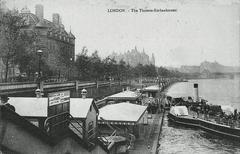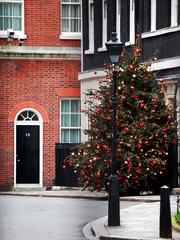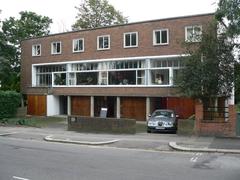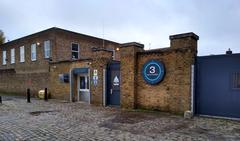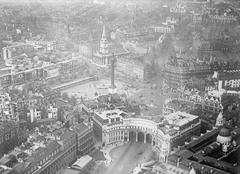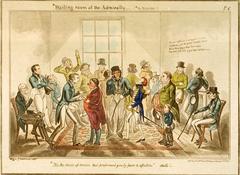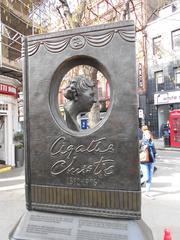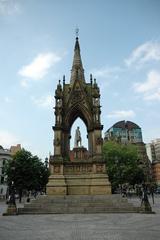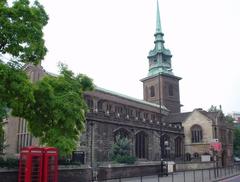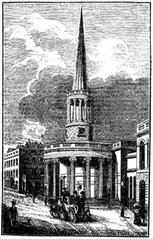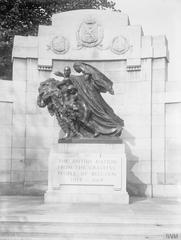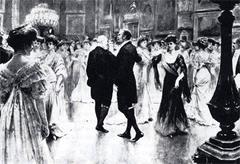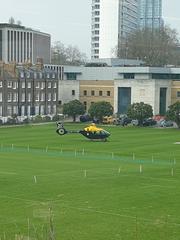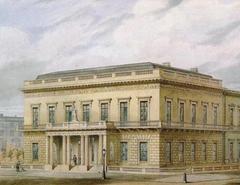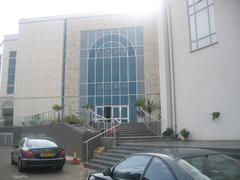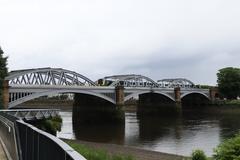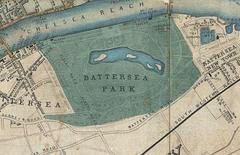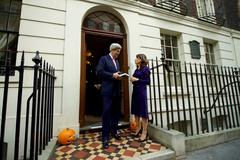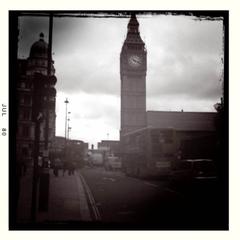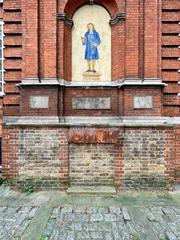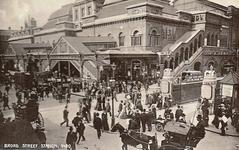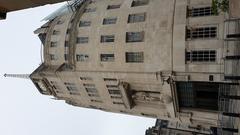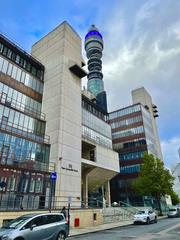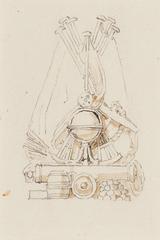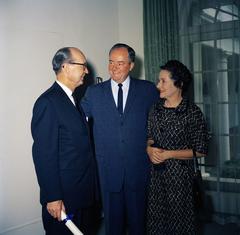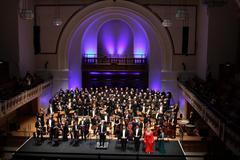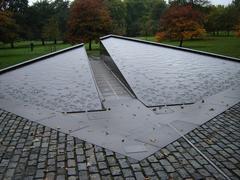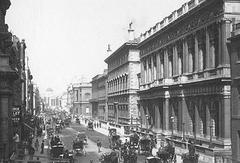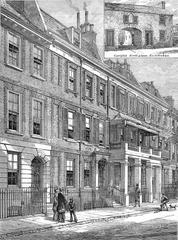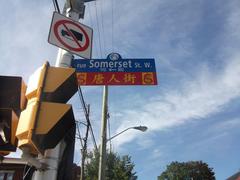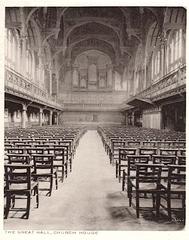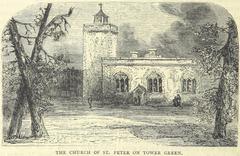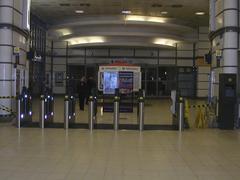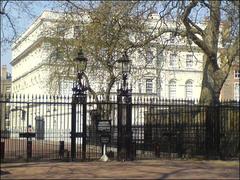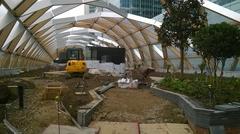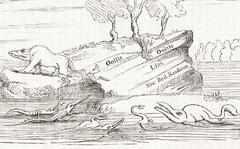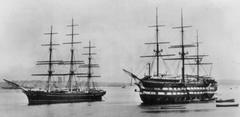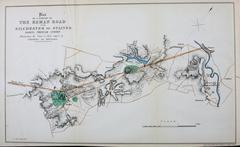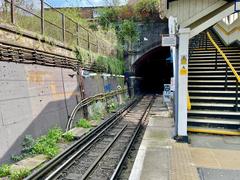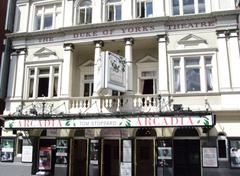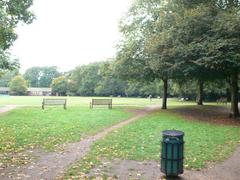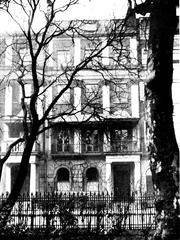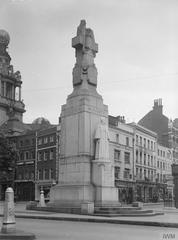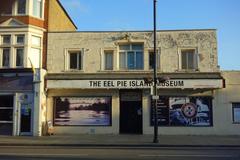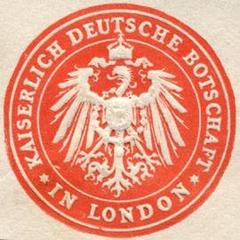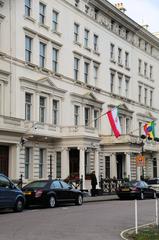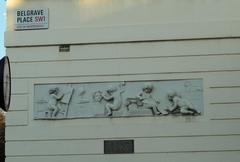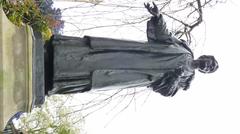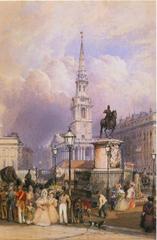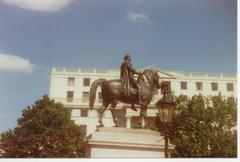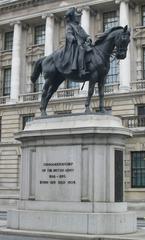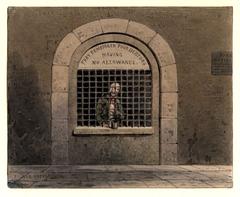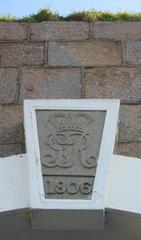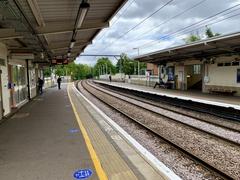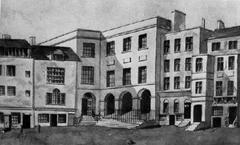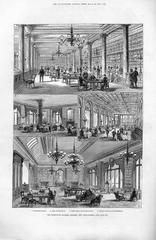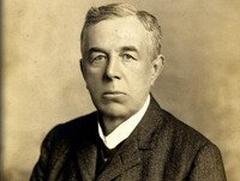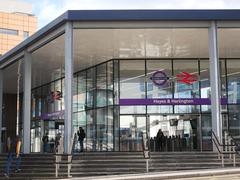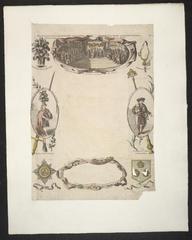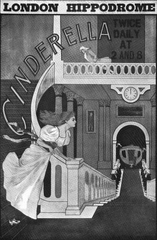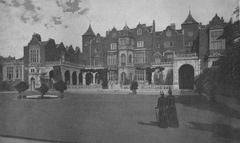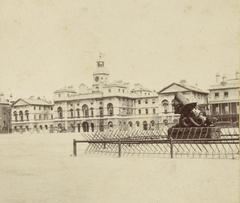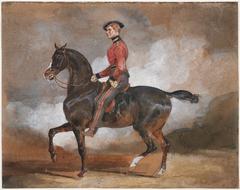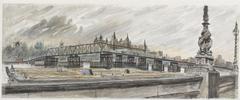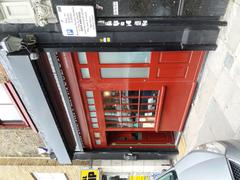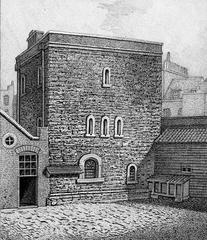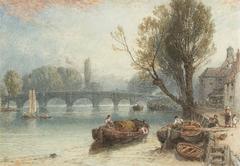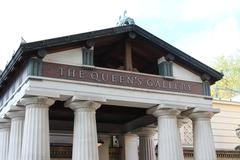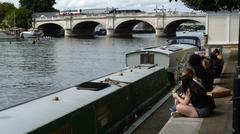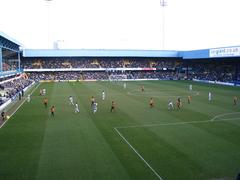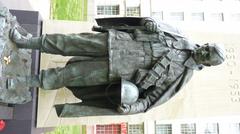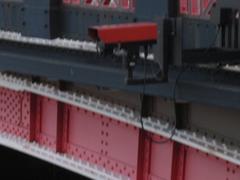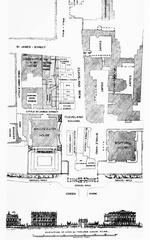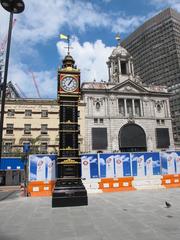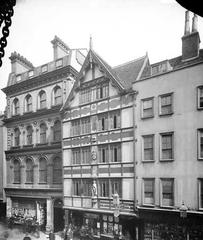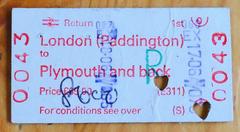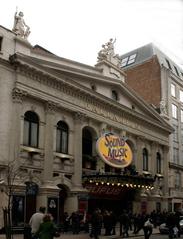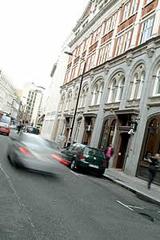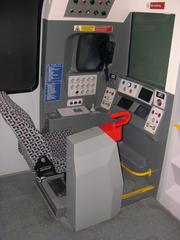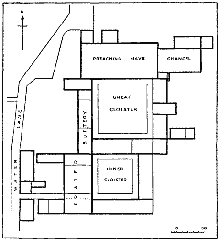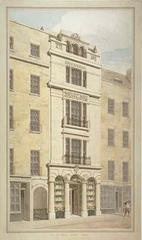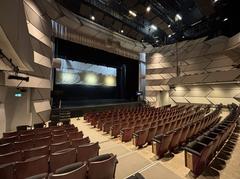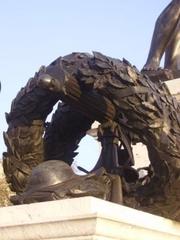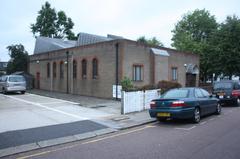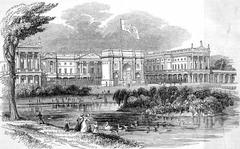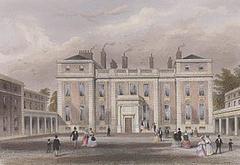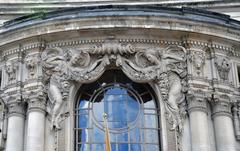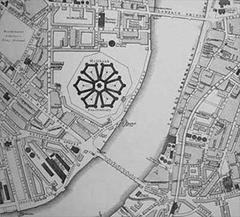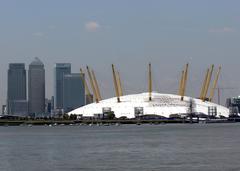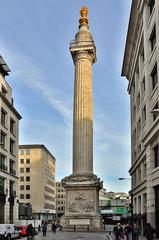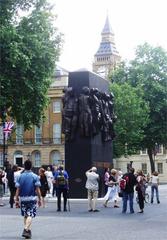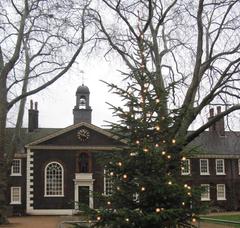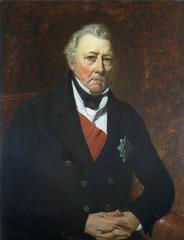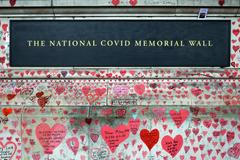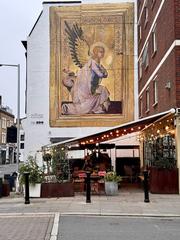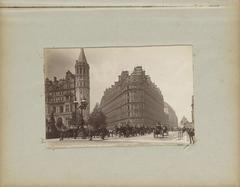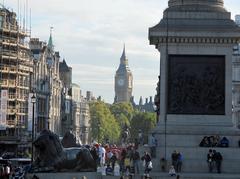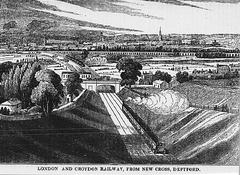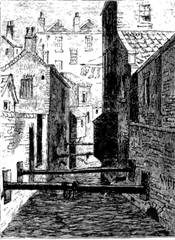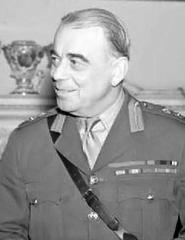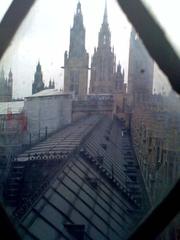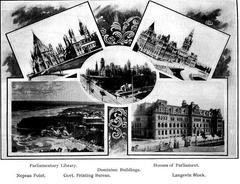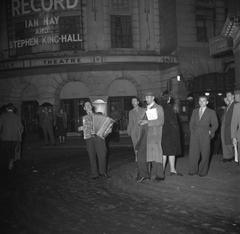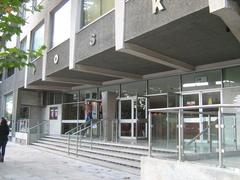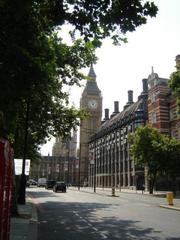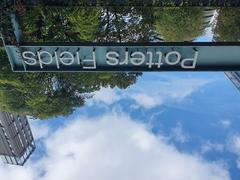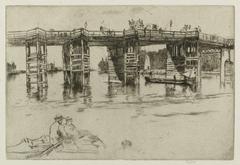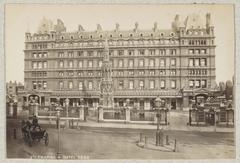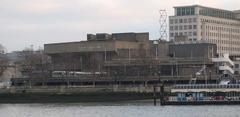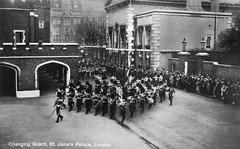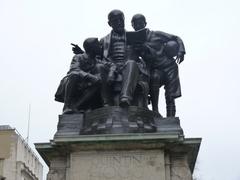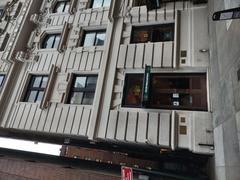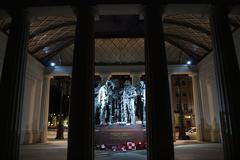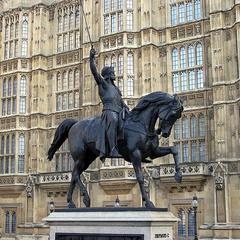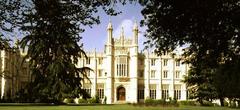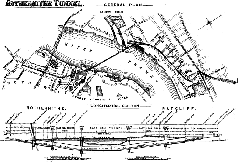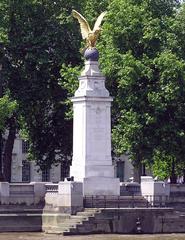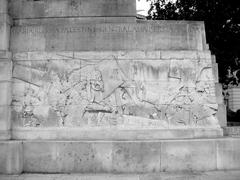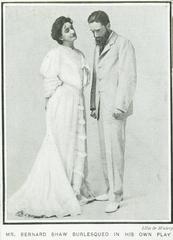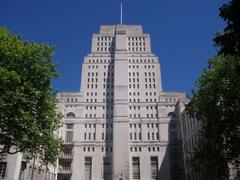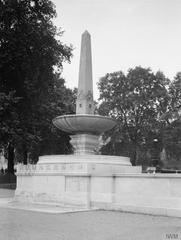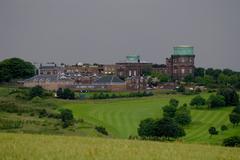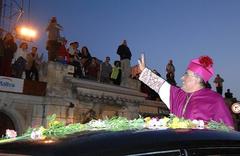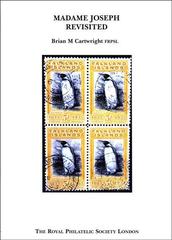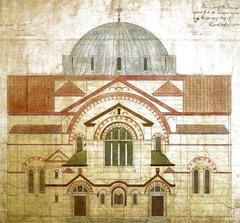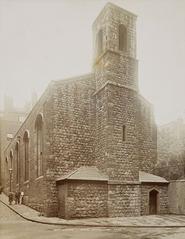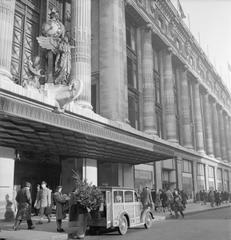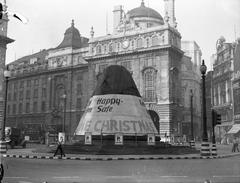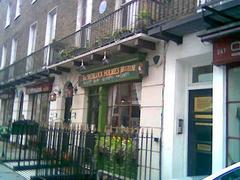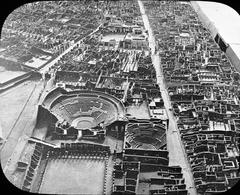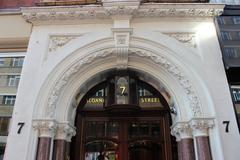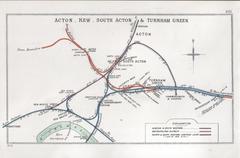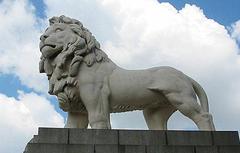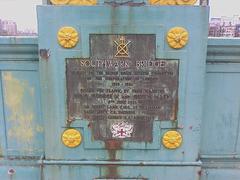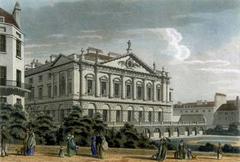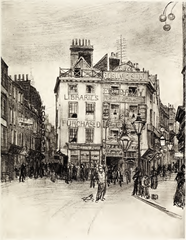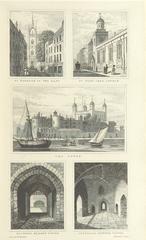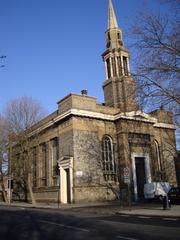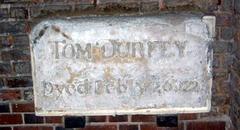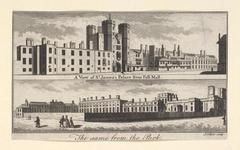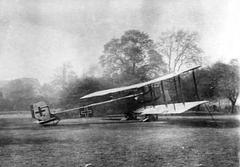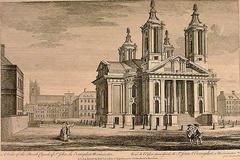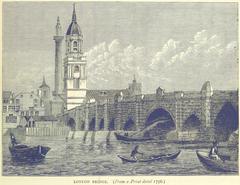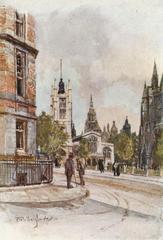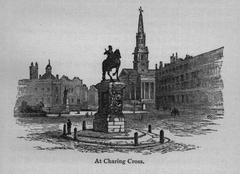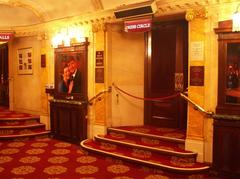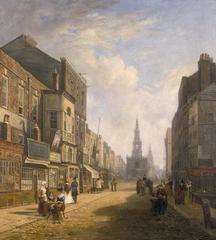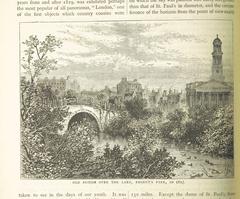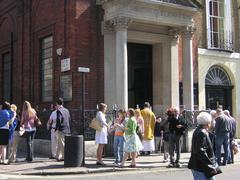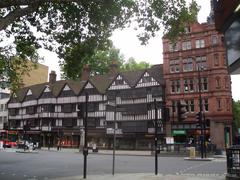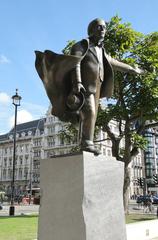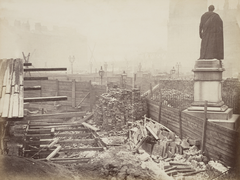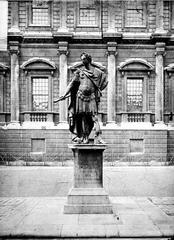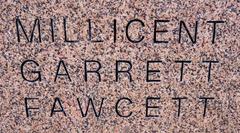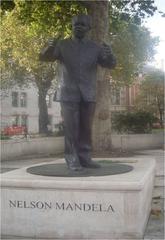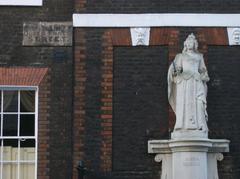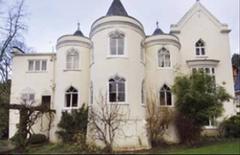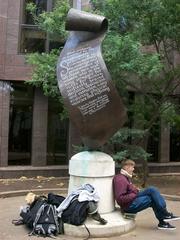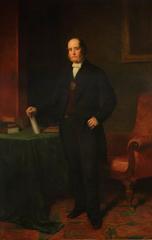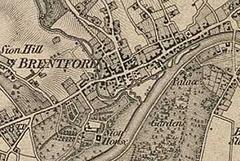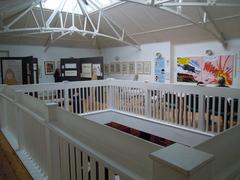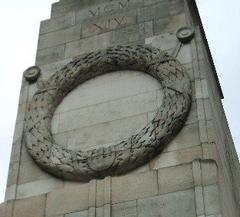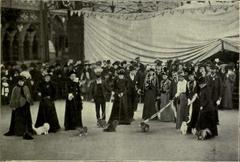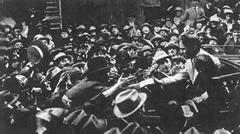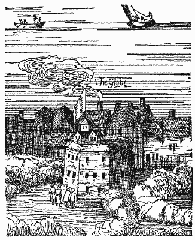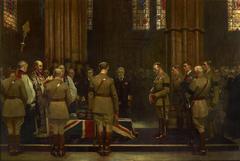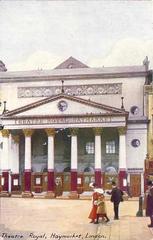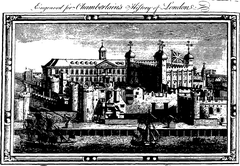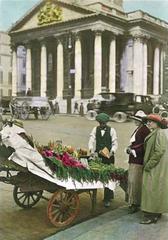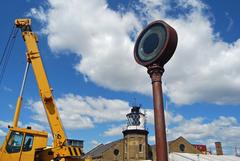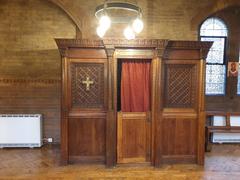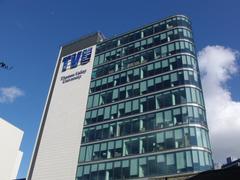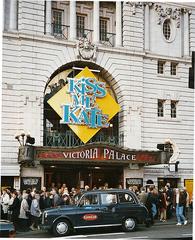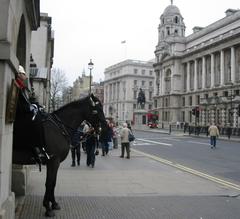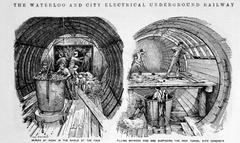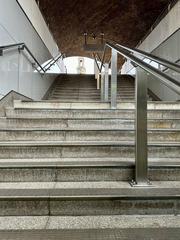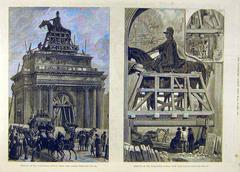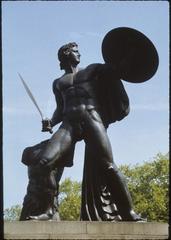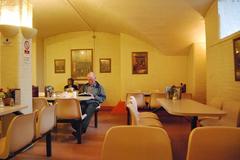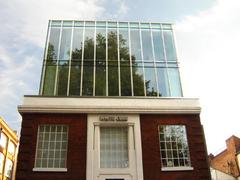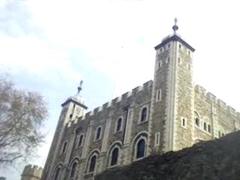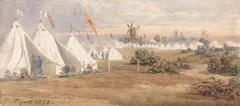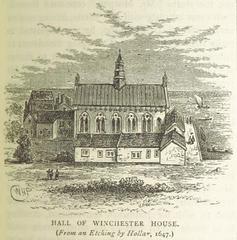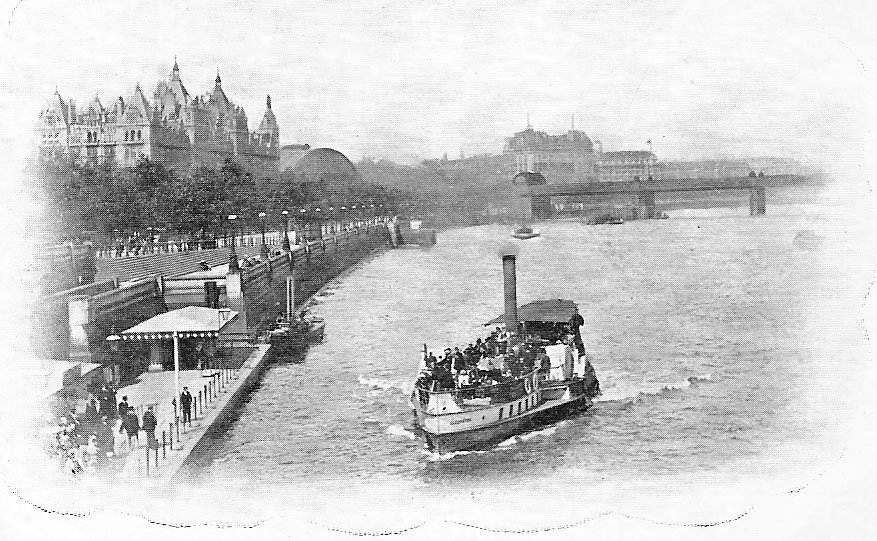
Westminster Pier Visiting Hours, Tickets, and Travel Tips
Date: 19/07/2024
Introduction
Westminster Pier, a notable landmark located on the north bank of the River Thames in London, serves as both a pivotal transportation hub and a site of profound historical and cultural significance. Established in 1814, the pier has witnessed substantial transformations over the centuries, reflecting the evolving needs of river transport and the city itself. Positioned near iconic locations like the Houses of Parliament, Westminster Abbey, and Big Ben, the pier offers visitors a convenient means of river travel as well as a gateway to exploring London’s rich heritage (City Cruises).
The architectural evolution of Westminster Pier, from its Victorian era enhancements to modern-day refurbishments, showcases a blend of historical charm and contemporary functionality. The pier’s proximity to landmarks such as the London Eye, Southbank Centre, and Tate Modern further enhances its appeal, making it a must-visit destination for tourists and locals alike. As a key point for river cruises, Westminster Pier provides a unique vantage point to experience the city’s skyline and historical sites from the water, adding an extraordinary dimension to the exploration of London (Thames Clippers).
In this comprehensive guide, we delve into the rich history, cultural significance, and practical visitor information for Westminster Pier. From its early beginnings and Victorian developments to modern enhancements and future prospects, this guide aims to equip you with all the necessary insights to make the most of your visit to one of London’s most beloved landmarks.
Table of Contents
- Introduction
- Early Beginnings
- Victorian Era Developments
- 20th Century Transformations
- Post-War Era and Modernization
- Recent Developments
- Visiting Hours and Tickets
- Visitor Experience and Travel Tips
- Nearby Attractions and Special Events
- Architectural Significance
- Cultural and Historical Impact
- Future Prospects
- Frequently Asked Questions (FAQ)
- Conclusion
Early Beginnings
Westminster Pier dates back to the early 19th century when it was constructed in 1814 to serve as a landing stage for river traffic. During this period, the River Thames was a bustling waterway, essential for trade and transportation. The pier’s strategic location near the Houses of Parliament and Westminster Abbey made it a crucial point for both commercial and passenger traffic.
Victorian Era Developments
The Victorian era marked significant developments for Westminster Pier. In 1862, the pier was rebuilt to accommodate the increasing river traffic and the growing popularity of river cruises. The new structure was designed to be more robust and functional, catering to the needs of both local commuters and tourists. The Victorian period also saw the introduction of steam-powered vessels, which revolutionized river transport and increased the pier’s usage.
20th Century Transformations
The 20th century brought further changes to Westminster Pier. During the early 1900s, the pier underwent several renovations to modernize its facilities. The introduction of motorized boats and the decline of traditional river trade led to a shift in the pier’s primary function. By the mid-20th century, Westminster Pier had become a popular starting point for sightseeing tours along the Thames.
The pier played a significant role during World War II, serving as an evacuation point for children and civilians during the Blitz. The resilience of the pier during this tumultuous period is a testament to its robust construction and strategic importance.
Post-War Era and Modernization
After World War II, Westminster Pier continued to evolve. The post-war era saw a surge in tourism, and the pier became a focal point for river cruises and sightseeing tours. In the 1950s and 1960s, the pier was further modernized to accommodate larger vessels and increased passenger numbers. The introduction of new technologies and materials allowed for more efficient and safer operations.
Recent Developments
In recent years, Westminster Pier has undergone significant refurbishments to enhance its facilities and services. The pier is now equipped with modern amenities, including ticket offices, waiting areas, and improved docking facilities. These upgrades have made it one of the most popular piers on the Thames, attracting millions of visitors annually.
Visiting Hours and Tickets
Before planning your visit, check the Westminster Pier visiting hours. Generally, the pier is open from early morning until late evening, but hours may vary depending on the season and specific events. Ticket prices for river cruises and other activities vary, so it’s advisable to book in advance through their official website or at the pier’s ticket office.
Visitor Experience and Travel Tips at Westminster Pier
Visitors to Westminster Pier can enjoy a range of activities and experiences. The pier offers easy access to some of London’s most famous attractions, including the London Eye, the Southbank Centre, and the Tate Modern. River cruises departing from the pier provide a unique perspective of the city’s skyline and historical landmarks. Consider visiting during off-peak hours to avoid crowds and ensure a more relaxed experience.
Nearby Attractions and Special Events
Westminster Pier is surrounded by numerous attractions. In addition to the nearby landmarks mentioned earlier, you can explore the Houses of Parliament, Big Ben, and Westminster Abbey. Special events and guided tours are frequently available, offering deeper insights into the history and significance of these sites.
Architectural Significance
Westminster Pier’s architectural significance lies in its blend of historical and modern elements. The pier’s design has evolved over the years, incorporating both traditional and contemporary features. The current structure reflects a harmonious blend of Victorian-era architecture and modern engineering, making it a notable landmark on the Thames.
Cultural and Historical Impact
Westminster Pier has played a crucial role in London’s cultural and historical landscape. Its proximity to iconic landmarks such as the Houses of Parliament, Big Ben, and Westminster Abbey has made it a popular destination for tourists and locals alike. The pier has also been featured in various films, television shows, and literature, further cementing its place in popular culture.
Future Prospects
Looking ahead, Westminster Pier is poised to continue its legacy as a vital part of London’s river transport network. Plans for further enhancements and expansions are in place to ensure that the pier remains a premier destination for both tourists and locals. The ongoing commitment to preserving its historical significance while embracing modern advancements will ensure that Westminster Pier remains a cherished landmark for generations to come.
Frequently Asked Questions (FAQ)
What are the visiting hours for Westminster Pier?
Visiting hours generally range from early morning to late evening, but it’s best to check the official site for the most accurate information.
How much do tickets to Westminster Pier cost?
Ticket prices vary depending on the type of river cruise or activity you choose. Booking in advance online or at the ticket office can provide up-to-date pricing.
Are there guided tours available?
Yes, guided tours are often available and can provide deeper insights into the history and significance of Westminster Pier and its surrounding landmarks.
Is Westminster Pier accessible for people with disabilities?
The pier has been modernized to include facilities that accommodate people with disabilities, making it easier for everyone to enjoy their visit.
Conclusion
Westminster Pier’s rich history and continuous evolution make it a fascinating subject for both history enthusiasts and casual visitors. Its strategic location, architectural significance, and cultural impact have cemented its place as one of London’s most important and beloved landmarks. Whether you’re a history buff, a tourist, or a local, a visit to Westminster Pier offers a unique glimpse into the heart of London’s vibrant past and present.
References
- Westminster Pier - Visiting Hours, Tickets, and Historical Insights (2024) City Cruises
- Exploring Westminster Pier - Visiting Hours, Tickets, and Historical Significance (2024) Thames Clippers
- Top Attractions Near Westminster Pier - Visiting Hours, Tickets, and More (2024) UK Parliament, Westminster Abbey, London Eye
